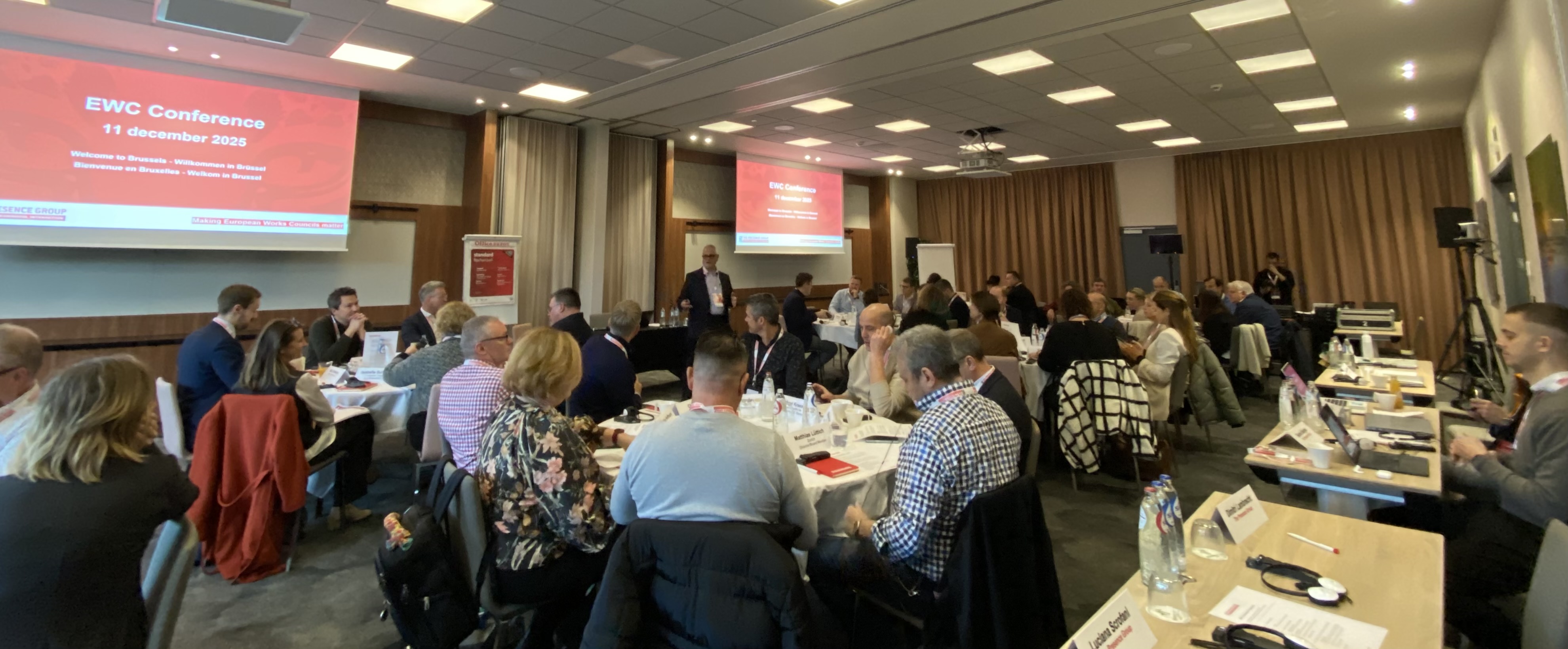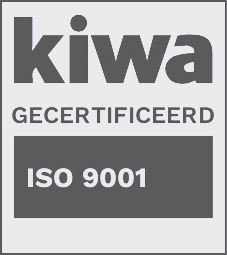An LSP? Qu’est-ce que c’est?
A Language Service Provider is a company, agency or individual who provides language services like translation, interpreting, editing, transcreation and copywriting (this list is not exhaustive). Multinationals who operate across countries have been working with these providers to translate content for their target markets for a while, but now, with the rise of e-commerce and the proliferation of web shops, the LSPs’ role has become even more important and strategic. Not only do larger companies find that there is more content to translate into more languages, and that campaigns have to be culturally adapted to local realities, the internet also makes virtual markets more accessible to new competitors who try to sell their goods and services. This has spurred the (r)evolution of language services, and its providers have upgraded themselves to provide solutions for the whole array of potential clients and budgets, ranging from the artisan who wants to sell hand-made soap all over Europe, to the multinationals that want to sell their products all over the world. With research showing that consumers are more inclined to buy products and services from websites that talk to them in their own language, it becomes quite clear that to increase sales, companies small and large have to speak their customers’ tongues to be successful.
Finding the right match
Today there are thousands of providers, all specialising in different fields or language combinations, but on what basis should you choose one LSP over the other? Here are nine elements to consider when you are trying to determine which LSP is best for you:
- Field of expertise and proven track record
Have they already worked for other companies or organisations in your sector? Has a peer recommended them to you? Can they provide pertinent references?
- Technology
Do they have the technological platforms to support your requirements? For example, if your content creation process is mostly collaborative, can their translation platform support that? Does their platform support different document formats and Content Management Systems?
- Flexibility and Turnaround Times
Do they have the necessary resources and capacity to meet your specific needs? For example, if you have a website with continuously changing content, do they have a solution that handles this effectively and smoothly? How about turnaround times?
- Translation Memories
If your content is repetitive and you have a lot of it to translate, you need an LSP that works with Translation Memories (TMs) and Computer-Assisted Translation (CAT). This way you won’t have to pay twice for translating one and the same word. The CAT tool will pre-translate existing content, and you’ll only pay for newly translated content.
- Translator Database
Ask your LSP about their procedure to select the translators they work with. They should have a strict and standardised selection procedure that ensures that the translators in their database are qualified professionals. Their translators should be subdivided according to their field of expertise, as a technical translator might not be able (or willing) to translate marketing material.
- Transparent, automated workflow
If you need to translate content on a regular basis, you want to install an automated translation workflow to avoid spending a lot of time manually managing every single translation. Your LSP should have the technological resources and the necessary expertise to design this workflow with you so that it suits your needs. Make sure that you can access your projects at any given point in the workflow.
- Range of Language Services
Does the LSP’s range of services suit your needs? Can they handle only written translation and editing? Or can they help you with copywriting, or even offer interpreters for your next product launch? Make a checklist of the language services you need. If you need both translation and interpreting, this means that you could optimise the use of the Translation Memory that your LSP is building for you.
- Budget
Do the solutions that the LSP offers meet your budget? How can you keep track of the budget you’re spending on translations and will the LSP help you optimise budget allocation? How transparent is their system?
- The Human Factor
All of the previous questions will help you determine whether an LSP has the resources needed to suit your business needs. However, one vital question remains: do you like them? Do you feel that you can ask the questions you want and that the interaction with your LSP contact person is smooth and pleasant? Relationships with LSPs are usually relationships for the long run, so you want to make sure that you feel comfortable with your contact person and that you feel that you can trust them.
So…
The process of finding the LSP that is best for you may seem long and daunting, but it is definitely worth it to invest some time and effort in finding the right partner. You should never forget that the LSP you choose will determine how you are perceived in markets that you are not yet active in. So the question to ask is actually this: will this particular Language Service Partner introduce me best to the part of the world that I want to offer my products and services to?


.png)
.svg)
.png)
.svg)


%20(2).jpg)
.jpg)










.png)


.png)
